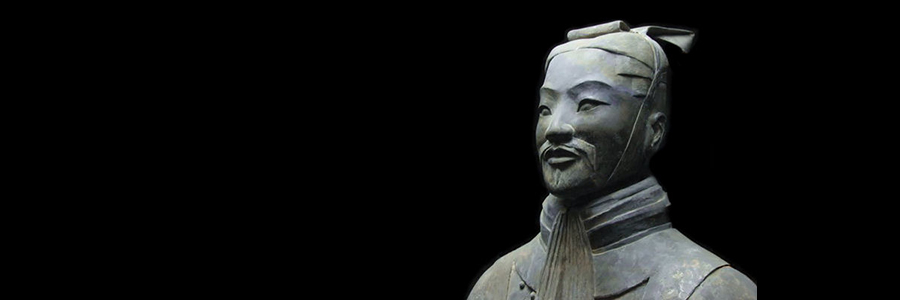In the seminal military treatise, The Art of War, author Sun Tzu writes, “In the midst of chaos, there is also opportunity.” This maxim holds true during workplace transitions. Change for Govies is constant, taking on varying forms. Whether it’s a system upgrade, turnover, reorganization, or downsizing, it is bound to happen at your agency. This has become all too familiar to me this past year.
I work in a team of four economists who report to a front-line supervisor. Last December, a colleague took a promotion in a different department. In June, another decided to switch industries; her last day was on a Friday. We welcomed a new team-member the following Monday. Despite these departures/additions, the team’s deliverables remained the same. The new team had two options—support each other to get the work done or squabble in the midst of uncertainty.
Employing an Art of War motif, this week’s post shares five attributes to epitomize during workplace transitions.
READINESS
“The art of war teaches us to rely not on the likelihood of the enemy’s not coming, but on our own readiness to receive him.”
At times, the writing is on the wall with regards to major changes. Inform yourself on how the transition affects your work unit and plan accordingly.
POSITIVITY
“If the mind is willing, the flesh could go on and on without many things.”
Whether you embrace change or cringe at the thought of it, try to maintain a level head in all situations. Avoid extremes. Find the good in what is happening.
FLEXIBILITY
“Just as water retains no constant shape, so in warfare there are no constant conditions.”
Rest assured, there will be fits and starts throughout the transition. Accept this and avoid the heartburn that accompanies frustration! Build buffers into your schedule to accommodate delays.
SELFLESSNESS
“When there is no choice but to use [weapons], it is best to be calm and free from greed.”
Complaining during change is easy; exhibiting self-control and an outward focus is a test of character. Put yourself in decision makers’ shoes and resist the urge to engage in office gossip.
TACT
“Move not unless you see an advantage; use not your troops unless there is something to be gained; fight not unless the position is critical.”
Carefully consider any decision you make—rashness can have devastating consequences. Ask yourself, “How can this course of action hurt me and/or others?” before making a move.
Throughout the changes this year, I strove to be a team-player. The work unit is still a work in progress (our newest member arrives September 21st), but we’re getting there! Understanding your temperament is key to managing emotions during an office transition. Sun Tzu captures the importance of self-awareness in writing, “If you know others and know yourself, you will not be imperiled in a hundred battles; if you do not know others but know yourself, you win one and lose one; if you do not know others and do not know yourself, you will be imperiled in every single battle.”
Thanks for reading, please share any other helpful attributes in the comments section!
Wander Cedeño is part of the GovLoop Featured Blogger program, where we feature blog posts by government voices from all across the country (and world!). To see more Featured Blogger posts, click here.





Wander, awesome and thoughtful post! At one of my last jobs, I had a similar experience with lots of turnover and shifting priorities. It can be a really tough experience to navigate and I think the five attributes you identified really hit the nail on the head, especially flexibility. Your post also made me think of the “Storming, Forming, Norming, Performing” development framework, which (over)simply put outlines the stages new groups or teams go through before they can actually be productive. You might find it interesting! http://hrweb.mit.edu/learning-development/learning-topics/teams/articles/stages-development
Hi Wander! Great article, and really good tips for times of transition. I would also add that perspective is important during times of change (“this won’t last forever!”, “it will be okay!”, and “let’s look at the big picture” etc) really help me when I sometimes get bogged down in tiny details of all the changes. Great job to you and your team for maintaining steady outcomes despite these many changes.